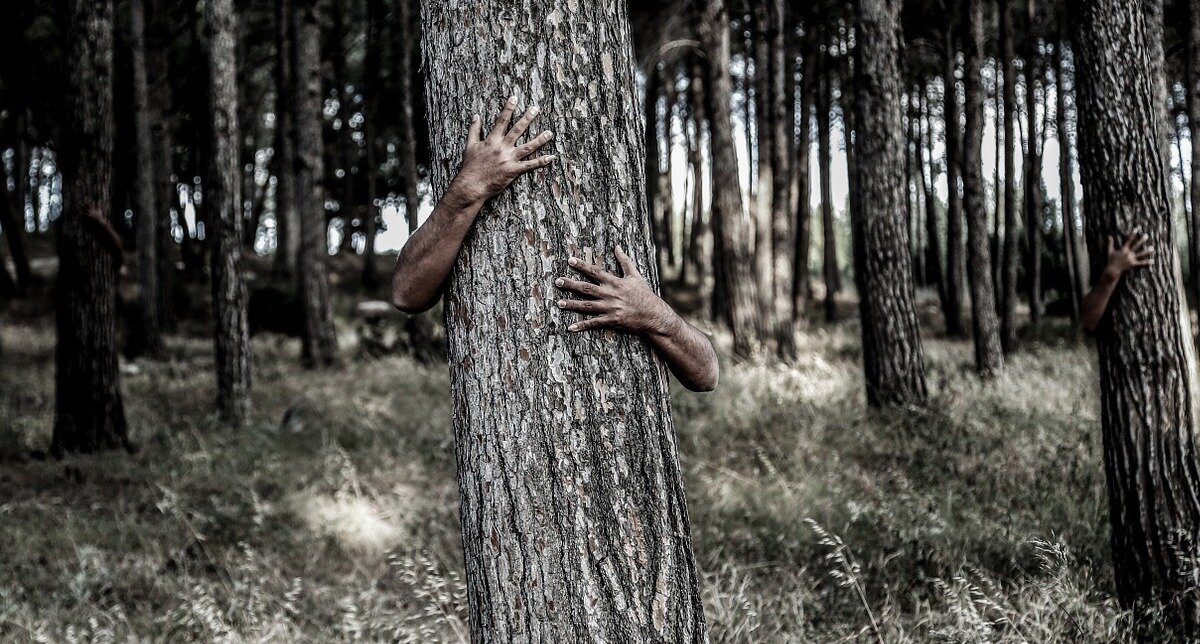Do you remember graduating from college and thinking, “Now what?”
I do, and that’s why, even though I generally work with more seasoned professionals, I offered to do a coaching session with a recent college graduate who was feeling lost.
As a certified professional coach, I’m well trained in the edicts of coaching. We don’t lead clients or give advice. We ask open-ended questions and create space for them to find the answers in themselves.
Following my training, I lobbed this question to my young client, “What is the one thing that you feel most proud of?”
She wasn’t accustomed to being asked questions like this: deep, probing, and undirected. Most people aren’t, and it can be disorienting, like waking up from a deep slumber and finding your way to the bathroom in the darkness.
So when I asked my client what she was most proud of, she offered a reply that I hear at least once in almost every coaching session: “I don’t know.” It is always given as a destination, but I accept it only as a stop along the way.
I encouraged her to keep thinking, and after further deliberation, she found her answer: She was most proud of graduating from college.
School had always been challenging for her because she was diagnosed with dyslexia in adolescence. As a result, she tended to shy away from difficult academic tasks because she was afraid of failure. This is a very common story for people who grow up with a learning disability: especially one that is diagnosed later.
College was hard for her, she explained, but she met the challenge, and she excelled. What gave her the closest feeling to pride she’d known was successfully tackling something that was difficult.
Later in the session, we began to explore potential career options. As we discussed each, I observed that she was actively avoiding anything where she perceived any possibility of failure.
The obvious conundrum is that avoiding anything difficult would deny her the opportunity to feel proud of her ability to conquer it. Doing hard things is the soil from which belief in ourselves grows.
Many research studies show that “helicopter” and “snowplow” parenting styles–which aim to shield children from distress and disappointment–actually lead to increased rates of depression and anxiety. It is the act of trying something, stumbling, sometimes failing, and enduring that builds our confidence, competence, and positive self-image.
That’s the experience my young client had when undertaking her studies at university. By asking her to reflect on what she felt most proud of, she realized something she’d never known: There was a direct correlation between her willingness to tackle something challenging and feeling the reward of pride in herself.
Does that mean she’ll choose to pursue a more challenging career path? I don’t know. That’s up to her, but at least she’ll make her decision armed with the knowledge of what she gives up by staying in her comfort zone, and that means I did my job as her coach.




